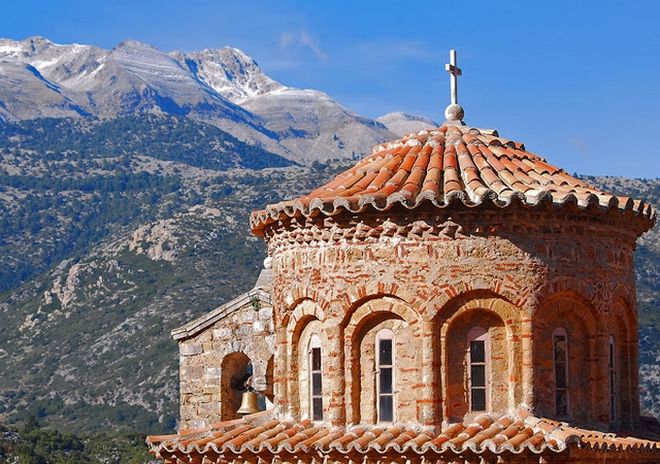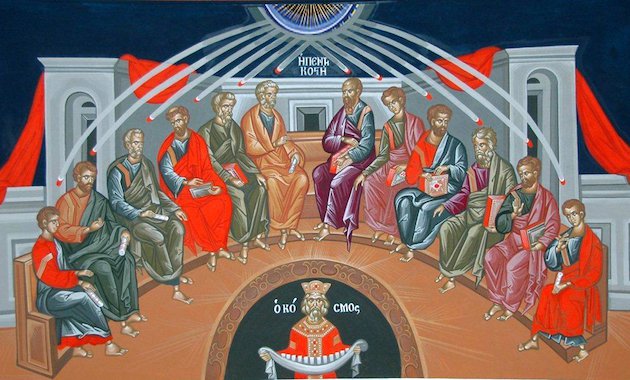
If we really observe Christ’s commandments, then we demonstrate that we love Him, because, as He Himself said, ‘those who love me keep my commandments’. And when the holy Fathers ask, ‘Which commandments?’, they answer ‘All the commandments’. Then we’ll show that Orthodoxy isn’t philosophy and it isn’t romanticism, but it’s the very life of the Holy Spirit, it’s Christ Himself, ‘yesterday, and today, the same unto the ages of ages’.

In Saint John Chrysostom’s homily which we read on the night of the Resurrection, we hear: ‘Let no one grieve at their poverty, for the universal kingdom has been revealed. Let no one bewail their trespasses, for forgiveness has risen from the grave. Let no one fear death, for the death of our Saviour has set us free’. Just as, before the Resurrection, the life of all people was incomplete as regards meaning, so now the Resurrection fills everyone and everything with light and joy, because when one part of the world receives the full message, this message is transmitted in full to all things. Through the Resurrection of one being- Christ the human person- time, which had flowed in the darkness ...
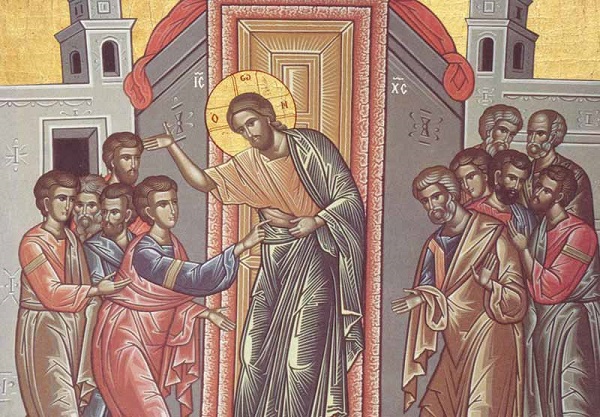
a) God’s tolerance, as a consequence of the mystery of divine self-emptying, is not limited to the Cross and burial. It continues after the Resurrection. The risen Lord had no wish to impose the glad tidings of the Resurrection on anyone, nor did He oblige people to embrace the message unconditionally. He consented, even as the glorified Lord, to being the object of investigation. He recognized that, as in Thomas, human ratiocination is an impediment to belief and, once again, tolerated human doubt. b) Let us look briefly at the content of today’s Gospel, as described by Saint John the Evangelist (John 20, 19-29). After Jesus’ crucifixion and burial, His disciples scattered and their souls were overwhelmed with fear. Their teacher ...
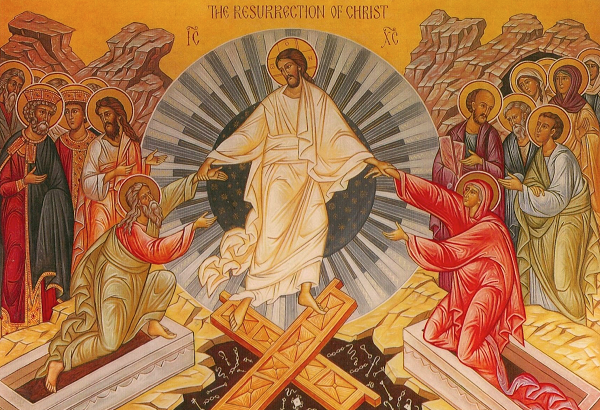
The resurrection of the dead, then, will certainly take place. The angel’s trumpet will definitely sound (Rev. 11, 15-18). What is important for us, however, is that we should have accomplished something in our life on earth towards the sanctification of our soul and body, so that the resurrection will not be ‘unto judgment’ for us, but ‘unto eternal life’ (Matth. 25, 46). Of special benefit to us in this preparation is remembrance of death, vigilance and continuous readiness for our imminent departure from the world to heaven. Remembrance of death invigorates the soul and expands our existence, impelling us along the never-ending path ‘from glory to glory’ (2 Cor. 3, 18). Remembrance of death also aligns us with the desire ...
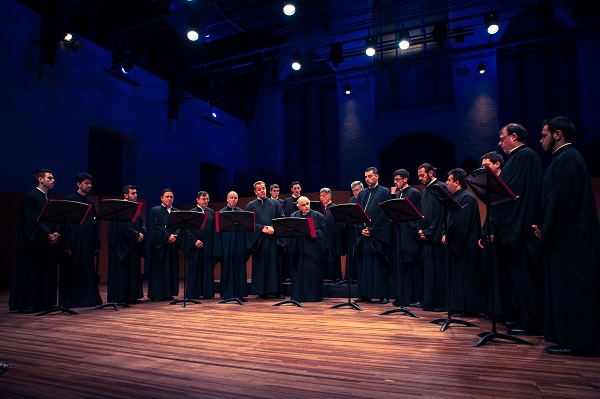
‘The Day of the Resurrection’, the doxastiko at Lauds, Easter Matins, set to music by Iakovos Protopsaltis and recorded at a concert in Ghent which took place on 19/4/2012. Recorded by V. Zakharis, image by I. Panousakis. Your browser does not support the audio element.
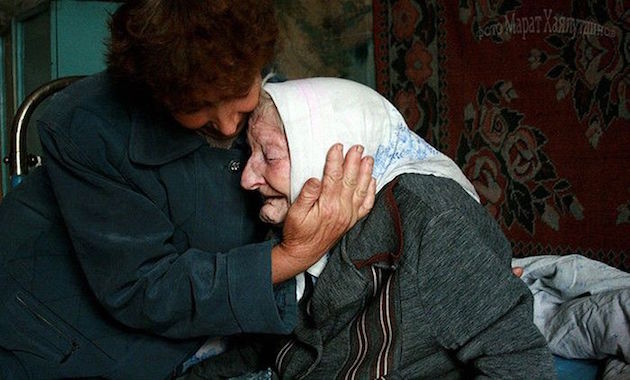
People become uncharitable when they expect charity from others while others are expecting it from them. In this mutual expectation, that is awaiting charity from each other, it’s almost a general rule that people become uncharitable and unfeeling. Charity isn’t a passive virtue; it’s active.
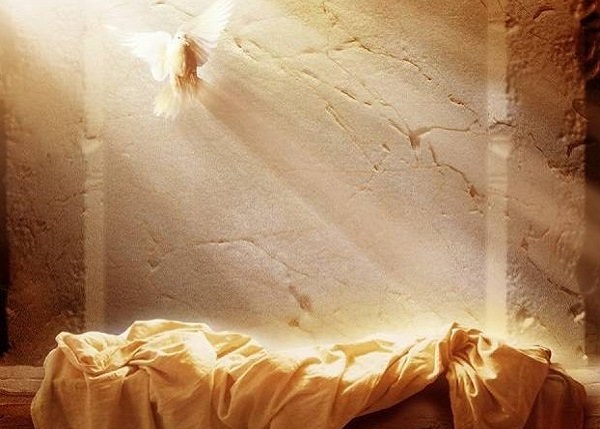
It’s the event that each and every one of us can be absolutely sure of: sooner or later death will come to us. Yet, for most people, the end of life remains greatly undesirable and is to be firmly resisted. This is because, during the course of our life on this earth, we haven’t been nourished on the expectation of ‘the beyond’ and we don’t rely on the cornerstone of hope in Christ. As descendants of Adam, we’re surprised by the phenomenon of death, because we were certainly created for eternal life. And when we see the body of a loved one lying without breath, this shrouds our own hope, too. Today, particularly, people are intent on what can be seen, what ...
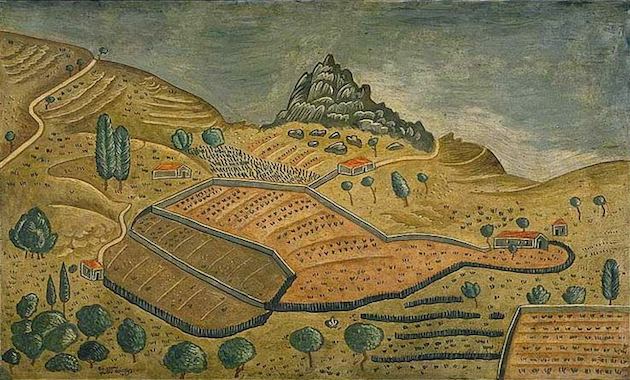
Just as rich, fertile soil will produce a lot of thorns if it’s not cultivated, so will human nature. It was made good by its Creator, and well-suited to works of virtue, but because it hasn’t been tilled by the plough of piety nor received the seed of divine knowledge, impiousness has sprung up within it like thorns and other detritus.
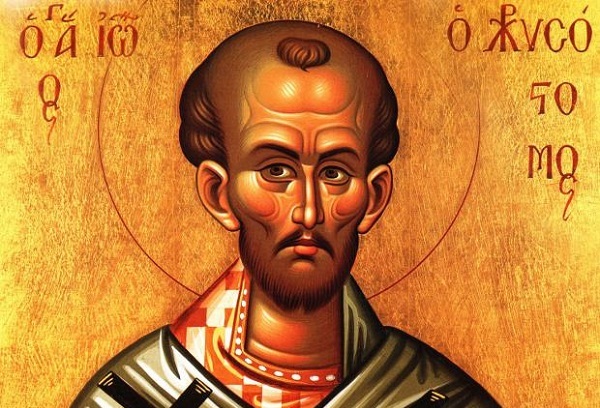
Really convincing proof of the Resurrection is the fact that Christ, Who was sacrificed on the Cross, showed such great strength that He persuaded people who lived in various different places to disregard their faith, homeland, families, friends and relations and even their life. They did so out of faith in Him and confession of this faith. Instead of the pleasures and joys of the world, which the enemies of the Faith promised them, they chose to be scourged, endangered and subjected to martyrs’ deaths. This is not the achievement of some corpse enclosed in his grave, but of someone who rose and lives (PG 50, 593). You have seen the momentous changes which have occurred as a result of Christ’s ...

God gives us the freedom to do what we like. We have the freedom to reject Him, to spit on Him, to curse Him. He gives us this freedom because he feels no insecurity. Humble people don’t feel insecurity, nor distrust, either. They don’t feel weak, they allow others to do as they wish, but they themselves remain at their post. They’re steady and do no harm to other people.
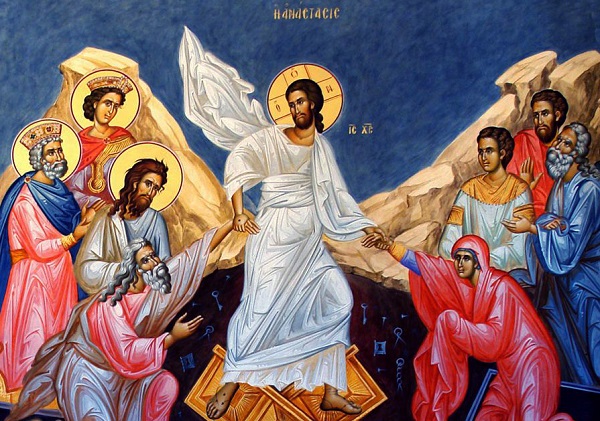
It sounds harsh and may test the credibility of unsuspecting readers to say that we don’t want the Resurrection. If you’re blind, don’t you want your sight? If you’re sick, don’t you want to be cured? And Christ’s Resurrection is exactly this: eyes in the darkness of our blindness, health in the tormenting sickness of our mortality, the saving way out of the dead-end of the present world into the infinite and holy world of eternity, our passing from corruption into incorruption. The Resurrection is an irrefutable event. It isn’t supported by our faith, but is the foundation and support of our faith. Two thousand years ago, the divine and human Person of our Lord, Jesus Christ, came into conflict with ...
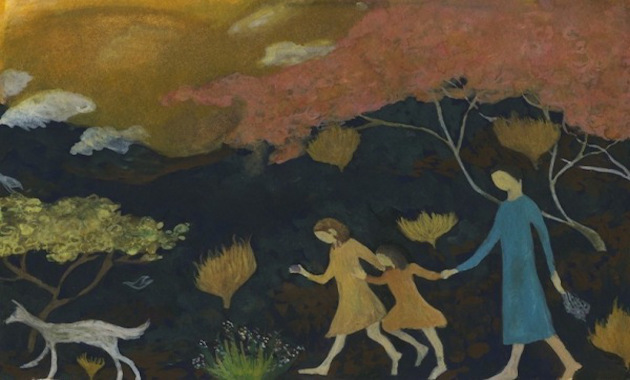
The tears of gratitude of the poor that were shed for the help you gave them will be bright pearls for you in your life after the grave. Tears that the poor shed over your coldness and indifference will fall into your soul like a flame of fire before the throne of God.

You’re in a dark room and waving your arms trying to get rid of the darkness. But darkness isn’t dispelled like that. Open a window to let some light in and only then will the darkness flee. It’s light that expels darkness. So let’s study Scripture, the lives of the Saints, and the Fathers. That’s the light that will get rid of the dark.
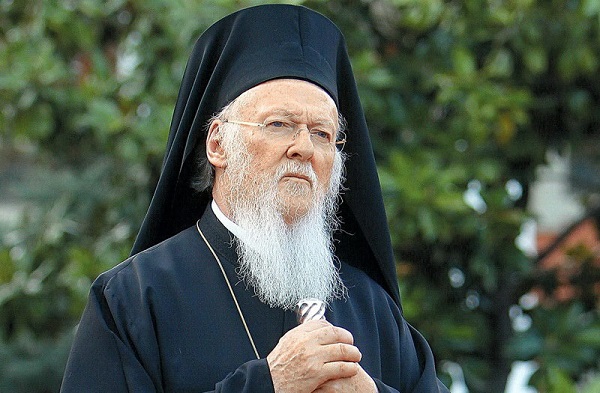
+ B A R T H O L O M E W By God’s Mercy Archbishop of Constantinople-New Rome and Ecumenical Patriarch To the Plenitude of the Church: May the Grace, Peace and Mercy of Christ Risen in Glory be with you All Dear venerable Hierarchs and beloved brothers and sisters in Christ, The experience of Christ’s Resurrection, the all-saving victory of Life over Death, is the nucleus of faith, divine worship, ethos and culture of the Christ-loving orthodox people of God. The life of the Orthodox faithful, in all its manifestations and dimensions, is nurtured and nourished by faith in the Resurrection, and constitutes a daily Pascha. This paschal experience is not simply a remembrance of the Lord’s Resurrection but also a participation in our ...
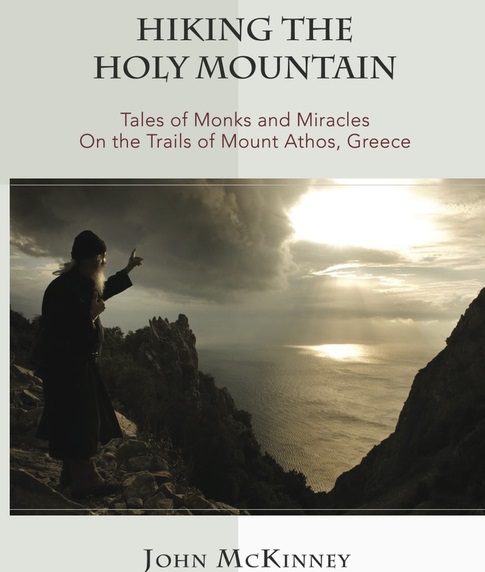
Sometimes a book defies categorization or description for that matter. John McKinney’s Hiking the Holy Mountain: Tales of Monks and Miracles on the Trails of Mount Athos, Greece does those things and more. At first glance, one would think that this yet another mundane (and even boring) hiking guide to a remote locale. Yet, I can tell you that this work is not such a thing. The southern Californian McKinney may have started out wanting to write about hiking a remote peninsula in northern Greece for its aesthetic natural appeal, but what he ended up with was through that experience finding a life journey which became entwined with the faith of these monks on that remote northern Greek peninsula. What started ...
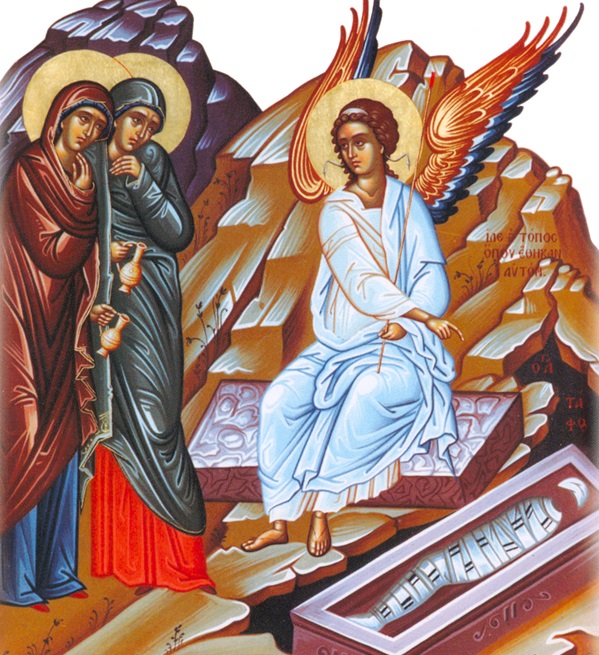
No other hymnological text expresses the redemptive, existential and metaphysical dimension of the Resurrection with such completeness and power as does the incomparable canon by Saint John the Damascan. It’s a masterpiece of Byzantine poetry and one of the most beautiful texts in world literature. Full of sublime spirituality, lyrical expressions and messages of salvation, the Damascan’s canon announces to people of every era ‘the glad tidings of the Resurrection’, the abolition of death, the fulness of life and the triumph of the last days. Above all, however, it stresses the quality and quantity of the joy of the Resurrection. It shows us the way and tells us what we need in order to see the Resurrection. It strengthens us in ...
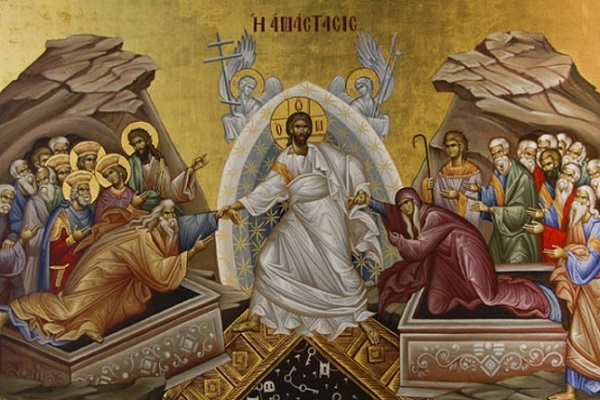
The Risen Christ and the World The Resurrection of Christ is a historical event. It demonstrates that Christ is truly God, and that He is the expected Messiah who will return to judge the living and the dead. The Risen Christ is the True God, which means that He perfectly embodies Truth, Life, Love and Goodness. As soon as evil perceived that the ultimate Good was crucified and then resurrected, it revolted. It did whatever it could to hide the truth. It used deceit, lies and bribery. For its first wicked act, it bribed the soldiers who stood guard over the tomb of Christ. They were told to say that they slept while His disciples came and stole the body. This tendency, as exemplified ...

The grace provided by the holy sacraments is so great that it has the power to cleanse and renew each person.

In the center of our liturgical life, in the very center of that time which we measure as year, we find the feast of Christ’s Resurrection. What is Resurrection? Resurrection is the appearance in this world, completely dominated by time and therefore by death, of a life that will have no end. The one who rose again from the dead does not die anymore. In this world of ours, not somewhere else, not in a world that we do not know at all, but in our world, there appeared one morning Someone who is beyond death and yet in our time. This meaning of Christ’s Resurrection, this great joy, is the central theme of Christianity and it has been preserved ...


